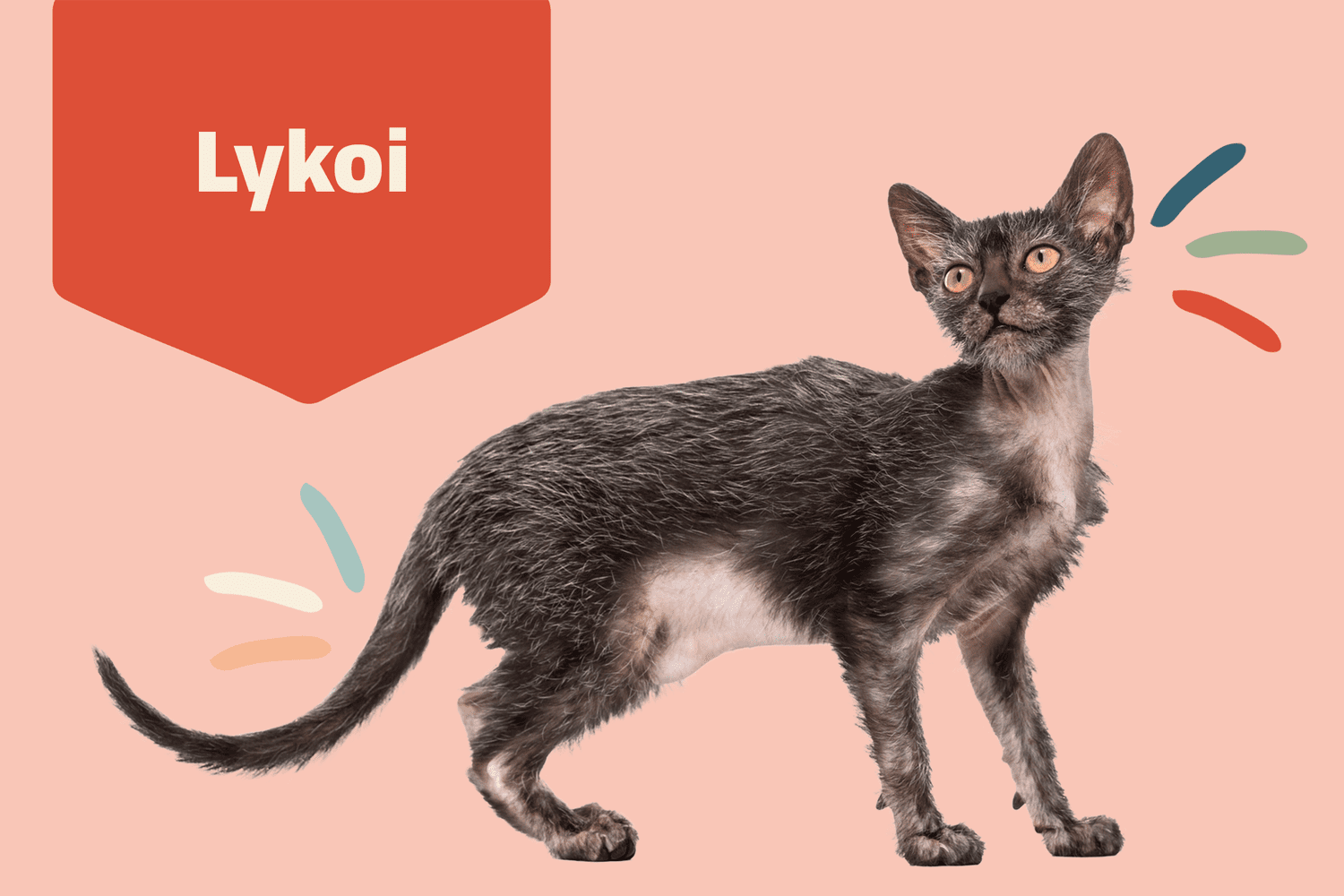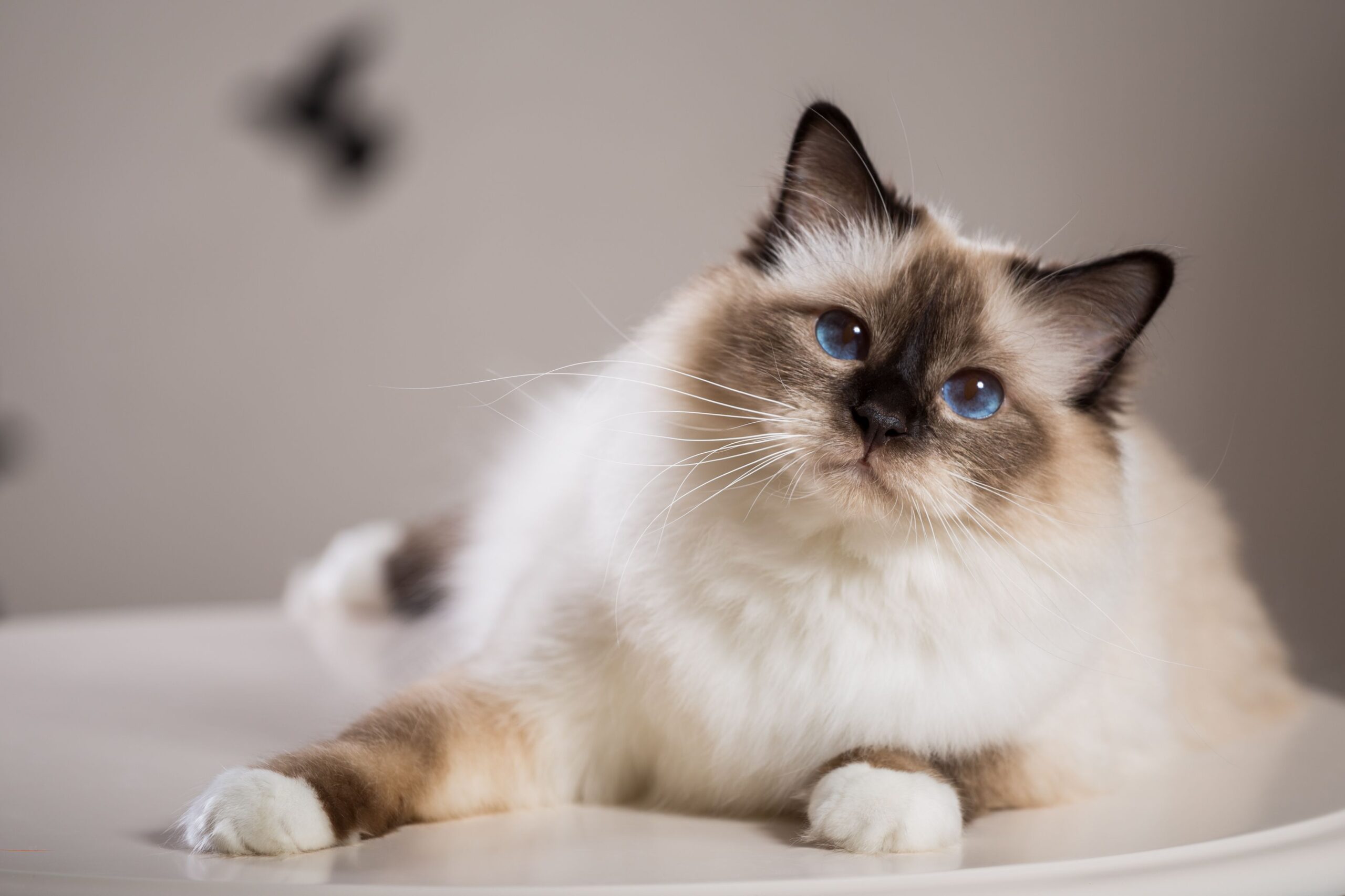Exotic Shorthair Cat: Complete Guide — Profile, Characteristics, How to Guide, Training, Care, Choosing Tips, Pros and Cons, and Price
If you adore the appearance of a Persian cat but prefer a low-maintenance grooming routine, the Exotic Shorthair could be your dream cat. Sometimes nicknamed the “lazy man’s Persian,” the Exotic Shorthair offers the same sweet personality and plush looks but with a much easier-to-manage coat.
In this detailed article, we’ll explore everything about the Exotic Shorthair — from its profile, traits, care needs, training advice, how to choose the right kitten, the pros and cons, and the expected costs.
Exotic Shorthair Profile Overview
| Attribute | Details |
|---|---|
| Origin | United States |
| Breed Type | Hybrid (Persian x American Shorthair) |
| Size | Medium |
| Weight | 3–6 kg (7–14 lbs) |
| Lifespan | 12–15 years |
| Coat Length | Short, plush, dense |
| Coat Colors | Wide variety (solid, tabby, calico, bicolor, colorpoint) |
| Eye Colors | Often matching coat color; copper, blue, green |
| Personality | Gentle, affectionate, easygoing |
| Hypoallergenic | No |
| Family Friendly | Excellent |
| Pet Compatibility | Good with other cats and dogs |
Key Characteristics of the Exotic Shorthair
Appearance
The Exotic Shorthair resembles a Persian but with a shorter, thick coat. It has a rounded head, flat face (brachycephalic features), chubby cheeks, large round eyes, and a short, snubbed nose. Its body is cobby (short and muscular), with a thick tail.
Personality
- Affectionate: Loves to cuddle and be around its people.
- Laid-back: Calm and undemanding temperament.
- Playful: Enjoys interactive toys but doesn’t require high levels of exercise.
- Quiet: Soft-voiced; not prone to excessive meowing.
- Adaptable: Adjusts well to apartments or busy households.
Intelligence
Exotic Shorthairs are intelligent and can learn routines quickly, although they may not be as driven to perform tricks as more energetic breeds like the Abyssinian.
How to Care for an Exotic Shorthair
Despite their plush, luxurious appearance, Exotic Shorthairs are surprisingly easy to care for — but they still have unique needs.
1. Grooming
- Brushing: Brush the coat twice weekly to prevent matting and remove loose hair.
- Face Cleaning: Due to their flat faces, they are prone to tear staining. Wipe their eyes daily with a soft, damp cloth.
- Bathing: An occasional bath (every 2–3 months) helps keep the coat and skin healthy.
- Nail Trimming: Trim nails every 2–3 weeks.
- Ear Cleaning: Check and clean ears weekly to prevent infections.
2. Nutrition
- Feed high-quality cat food rich in protein.
- Monitor calorie intake — Exotic Shorthairs can easily become overweight.
- Fresh water should always be available.
3. Exercise
- Provide moderate daily play sessions (e.g., feather wands, balls).
- Cat trees or condos are great for giving them places to climb and perch.
4. Health Care
- Regular veterinary check-ups.
- Vaccinations and parasite prevention.
- Dental care: Brush their teeth or provide dental treats to maintain oral health.
5. Environment
- Exotic Shorthairs enjoy cozy, quiet spaces.
- Avoid extreme temperatures, especially heat, as their flat noses make them prone to breathing difficulties in hot weather.
How to Train an Exotic Shorthair
While they are not high-energy trick performers, Exotic Shorthairs are smart and responsive to gentle training.
Tips for Training:
- Use positive reinforcement: Treats, affection, and praise work best.
- Litter box training: Typically easy, but make sure the box is cleaned daily.
- Socialization: Introduce them to new people and pets gradually.
- Harness training: Some Exotic Shorthairs can be leash-trained with patience.
Important: Avoid harsh corrections, as they can become shy or withdrawn.
How to Choose an Exotic Shorthair
Choosing the right kitten or adult Exotic Shorthair is crucial for a good match and a healthy companion.
1. Reputable Breeders
- Look for breeders registered with cat associations like CFA (Cat Fanciers’ Association) or TICA (The International Cat Association).
- A reputable breeder will provide health guarantees and transparent medical records.
2. Health Checks
- Ensure the kitten is bright-eyed, clean, active, and not showing signs of illness.
- Ask if the parents have been screened for genetic issues like PKD (polycystic kidney disease).
3. Personality Matching
- Spend time interacting with the kitten.
- If you want a cuddly companion, look for a kitten that is curious and enjoys being held.
4. Adoption
- Rescue groups occasionally have Exotic Shorthairs needing homes.
- Adoption is often more affordable and just as rewarding.
Pros and Cons of Owning an Exotic Shorthair
Pros
- Affectionate and cuddly: Perfect lap cats.
- Low grooming needs: Compared to Persian cats.
- Adaptable: Suitable for various living situations, from apartments to large homes.
- Good with kids and pets: Their sweet disposition fits well in family environments.
- Low noise level: Ideal for those who prefer quiet cats.
Cons
- Health issues: Flat faces can cause breathing and eye problems (brachycephalic syndrome).
- Tear staining: Daily face cleaning is necessary.
- Weight management: They can become overweight without proper exercise and diet.
- Sensitive to heat: They do poorly in hot, humid climates.
- Initial cost: Purebred Exotic Shorthairs can be expensive.
Price Range for Exotic Shorthairs
The price of an Exotic Shorthair depends on its lineage, quality, and where you purchase it.
| Category | Price (USD) |
|---|---|
| Pet-quality kitten | $1,000 – $2,000 |
| Show-quality or breeding kitten | $2,000 – $5,000+ |
| Adoption from rescue | $100 – $500 |
Additional Costs:
- Initial supplies: $300–$600 (bed, litter box, scratching posts, etc.)
- Annual veterinary care: $300–$600
- Food and supplies annually: $400–$700
Is an Exotic Shorthair Right for You?
An Exotic Shorthair is a superb choice if you:
- Want a calm, loving, and affectionate cat.
- Prefer minimal coat maintenance.
- Are home often enough to provide companionship.
- Have moderate energy levels and want a cat that enjoys lounging and gentle play.
However, if you live in a very hot environment, or if you prefer a highly energetic, acrobatic cat breed, another breed might suit you better.
Final Thoughts
The Exotic Shorthair is a winning combination of beauty, charm, and ease of care. Their gentle nature, coupled with their teddy bear-like looks, makes them one of the most beloved cat breeds in the world. With the right care, training, and environment, your Exotic Shorthair will reward you with years of unconditional love and companionship.
Ready to welcome an adorable, plush companion into your life? The Exotic Shorthair may just steal your heart!




